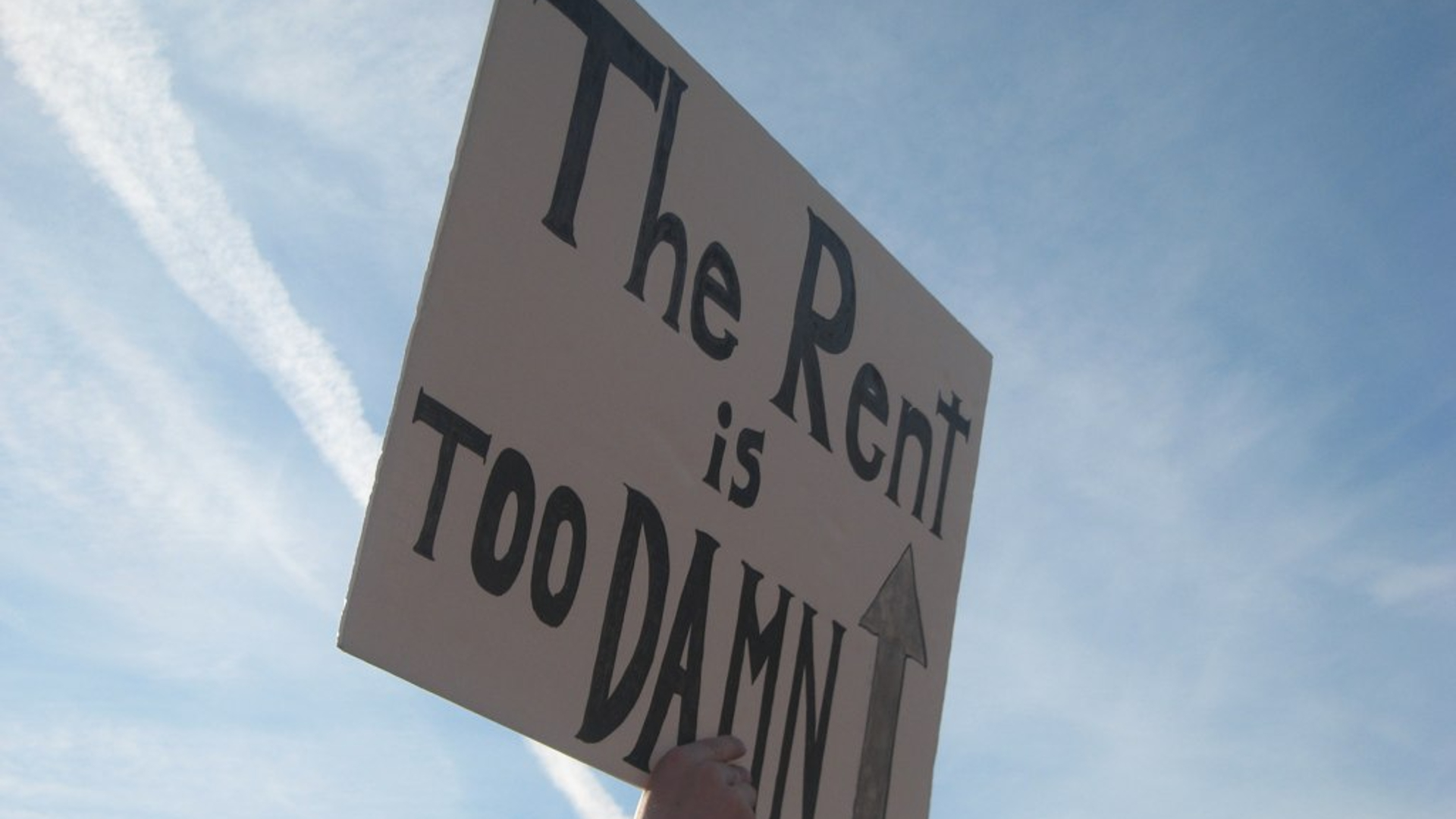For the first time since the Great Depression, a majority of young adults in the U.S. aged 18-29 live with their parents.
The intensifying housing crisis across the United States and worldwide is a pressing concern, particularly for Millennials and Gen Z, who are often priced out of getting their own place for far longer than what has been the norm for previous generations.
Such a crisis inevitably prompts a blame game. Is it the fault of greedy landlords? Opportunistic investors? Gentrification?
In the relentless struggle for affordable housing and more livable neighborhoods, an insidious force stands as the chief architect of a generation’s woes. Meet NIMBYism — the saboteur that thrives on the mantra “not in my backyard!”
Simply put, there is a severe shortage of supply in the housing market, fueled by NIMBYs who have far too much influence over what happens on other people’s property — who perhaps agree in principle that we need more housing, but just not near them.
The United States housing market is short about 3.2 million homes in relation to the population and demand. This shortage cannot be addressed by building only single-family homes in the manner of 1950s-style urban sprawl.
More condos and apartments are needed, and while more are being built, these tend to be high-end and not suited to fill the most significant gap in the market.
The reason being, after the often immensely expensive and complicated process of navigating regulations and fighting lawsuits against local NIMBYs, developers will seek to ensure a favorable return on investment that wouldn’t work with affordable housing units.
NIMBYism fosters a regulatory environment rife with impediments. The entrenched zoning laws and planning restrictions stifle the construction of housing units and hinder the potential for innovative, sustainable urban development.
This bureaucratic gridlock not only perpetuates the housing crisis but impedes the evolution of neighborhoods into dynamic, resilient spaces that can adapt to the changing needs of their inhabitants.
NIMBYism encapsulates a desire among homeowners to preserve the current state or character of their neighborhood at any cost, primarily driven by the wish to safeguard their property’s resale value — something to which they feel deeply entitled.
While it’s understandable that property owners seek to maintain a certain market value for their homes, issues arise when this desire leads to attempts to isolate against external factors. Restricting others from utilizing their property freely becomes a problematic manifestation of this entitlement.
In a society that upholds the crucial principle of property rights, homeowners rightly enjoy the privilege of utilizing their property as they see fit. However, it’s essential to recognize the limits of this right. Property owners aren’t inherently entitled to a predetermined resale value, nor should they wield influence over matters beyond the confines of their property.
In short: you get to decide what you do with your property, but not the property of the people down the road who want to sell their fields to developers.
Of course, there are exceptions. Your neighbor can’t divert a river so that it flows into your yard, for instance. Similarly, they can’t breach agreements they’ve explicitly signed up to. But unless there’s a direct and concrete impact on the integrity of others’ properties, what your neighbor does with their property is nobody’s business but their own!
Ultimately, with the severity of the housing shortage, it is crucial to recognize that overcoming the challenges posed by NIMBYism is not merely an economic necessity but also a moral imperative. The influence of NIMBYs is undermining property rights and depriving younger generations of the opportunity to live independently in their 20s and 30s as previous generations did.
The problems brought about through NIMBYism will be an important talking point at Students For Liberty’s upcoming LibertyCon International.
Head of Policy at the Illinois Policy Institute, Joshua Bandoch, and Professor of Economics at George Mason University, Brian Caplan will take part in a panel discussion, moderated by political writer and commentator, Stephen Kent, focusing on how NIMBYs get in the way of progress and innovation.
Held in Washington, D.C., on February 2-4, 2024, LibertyCon International offers an opportunity to engage with top experts, scholars, and entrepreneurs from a variety of fields while providing a platform for attendees to connect with others who are dedicated to advancing pro-liberty ideas and creating a freer future.
Click the button below to sign up for updates and secure your spot at this exciting event. We can’t wait to see you there!
(Featured image: The Rent is Too Damn High by Grace C., available under a Creative Commons Attribution-Noncommercial Licence 2.0 at https://www.flickr.com/photos/socialgrace/5147745552)
This piece solely expresses the opinion of the author and not necessarily the organization as a whole. Students For Liberty is committed to facilitating a broad dialogue for liberty, representing a variety of opinions.



